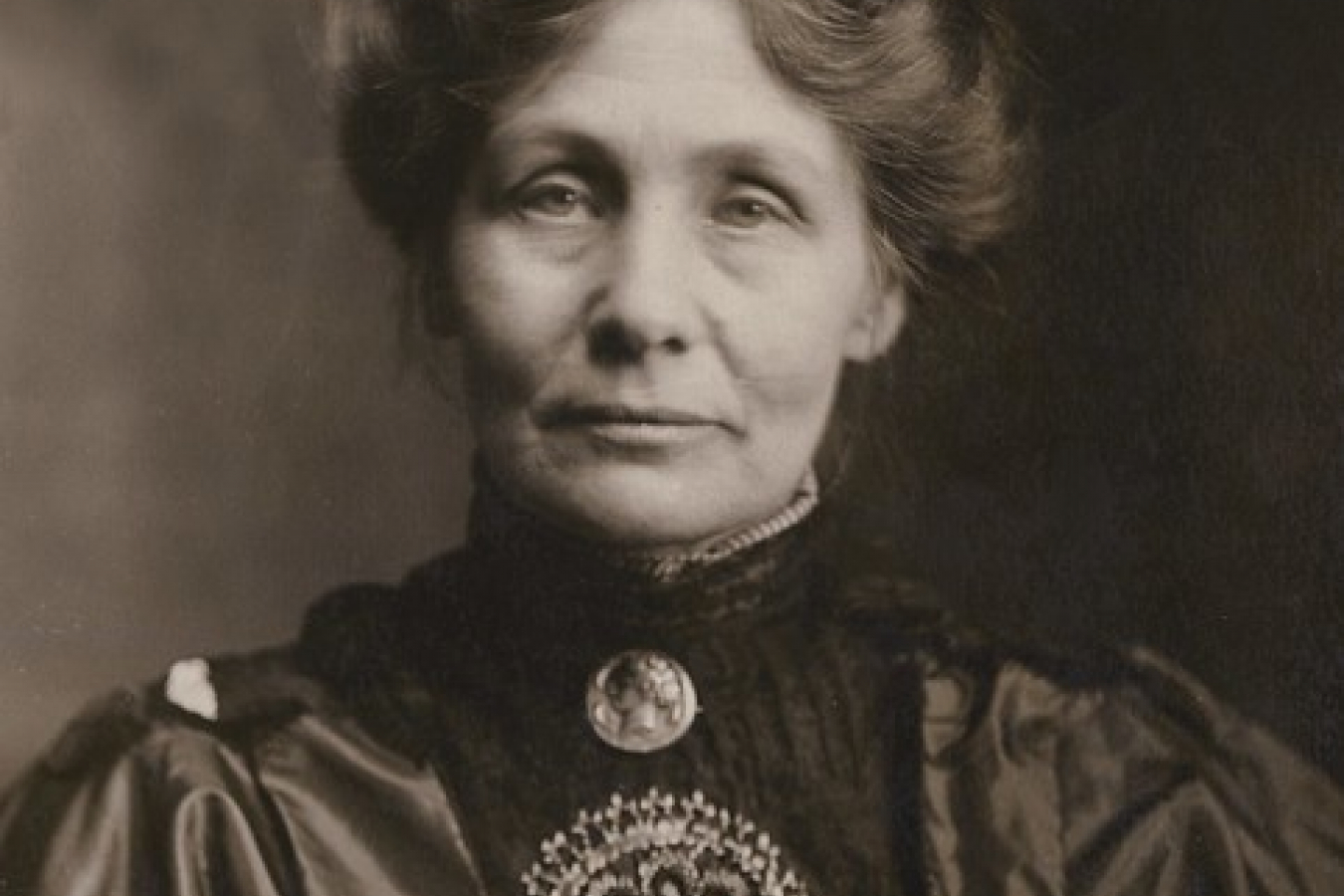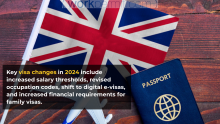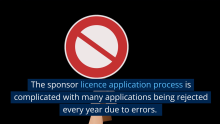Support migrant centric journalism today and donate

Sanwar Ali Comment:
This would not be surprising. However, do we in reality know what the current situation is to be able to compare this to what may or may not happen in future? It seems that too much of the time from top to bottom in an organisation, people are encouraged to ignore and cover up any wrongdoing. If you complain about discrimination the complaints may become mysteriously lost.
Frequently, procedures are carefully designed to give the impression that there is nothing wrong, and may show huge successes instead of huge failures. Sometimes campaigns of harassment and victimisation are started in an attempt to silence critics. Organisations manage to cover things up, the status quo is maintained and then, apparently, everyone is happy apart from the victim. Perhaps farfetched plots in Hollywood films and in drama series about cover ups are not as farfetched as we might think!
A study claims sex discrimination in UK visa and immigration laws will get worse after Brexit. Author of the study, Catherine Briddick, Lecturer in Gender and Forced Migration at the University of Oxford, claims that her research shows that ‘men are significantly more likely than women to benefit from key migration opportunities.’
Briddick argues that ‘men are much more likely to be given opportunities to work in the UK as skilled labour migrants’ as part of post-Brexit immigration plans outlined in a white paper published in December 2018.
In the study, Briddick states: “Not only do post-Brexit migration controls, if implemented, which govern the distribution of job opportunities disadvantage women, it’s possible that they unlawfully discriminate against women, too.”
UK immigration white paper
Referring to the UK immigration white paper, published by the Home Office in December 2018, Briddick notes that the government promised to ‘reset the migration conversation’ following Brexit.
The white paper outlines an end to free movement for EU citizens, while replacing existing UK work visa rules with a single, skills-based immigration system that applies to EU and non-EU citizens alike. It’s possible that skilled EU nationals looking to work in the UK could be subject to Tier 2 visa rules.
Meanwhile, so-called low-skilled migrants may be permitted to work in the UK for up to 12 months under a temporary, short-term immigration route. The government plans to remove the option for low-skilled immigrants to remain in the UK, once their 12-month visa expires. Plus, they would not be allowed to bring family members to the UK.
However, with Brexit stalling, UK immigration policy for skilled and non-skilled migrants if Britain leaves the EU, remains unclear.
What does reset the migration conversation mean?
Briddick’s study questions what the government means by ‘reset the migration conversation.’ As part of her research, she found that the distribution of UK immigration statuses between the sexes weren’t particularly favourable towards women.
An analysis of Home Office statistics and data from a freedom of information request, found that key family and labour migration statuses are unevenly distributed between men and women – with women coming off worse.
An excerpt from the study states: “While three quarters of those granted the advantageous status of ‘skilled’ labour migrant are men, three quarters of those granted the highly disadvantageous status of ‘domestic worker’ are women. Nearly three quarters of those granted the relatively disadvantageous status of ‘partner’ are women.”
Briddick asserts that ‘in contrast to family migration, labour migration is predominantly male and men are more likely to be at the top of the labour migration hierarchy, as skilled migrants, than women.’
Skills for UK Visas are stereotyped
It’s Briddick’s theory that the rules governing the distribution of migration statuses among men and women discriminate against females because the rules are based on stereotypes. In her study, Briddick acknowledges that ‘labour migration statuses are distributed on the basis of skill.’
Meanwhile, feminist analysts suggest that gendered stereotypes in the labour market have helped fuel the categorisation of low and highly-skilled work, with women often categorised in low-skilled migration routes and men in high-skilled programs.
Using care work as an example, analysts say that stereotypes, such as women being more suited to care work, which by definition is considered low-skilled work, affect women’s participation in the job market.
Professor of social policy at Middlesex University, Eleonore Kofman, argues: “The UK immigration rules that rank ‘skills’ appear to be gender-neutral, but they actually privilege certain types of knowledge, and discount others, in a highly gendered way.”
“It’s my view that they do so because the rules that determine who is ‘skilled’, or not, or who is a ‘partner’ – and what type of relationship this involves – are rooted in stereotypical understandings of women’s and men’s roles and abilities,” Kofman added.
Government migration conversation reset makes no sense
Briddick warns that if the policies outlined in the UK immigration white paper are implemented, sex discrimination in immigration laws will worsen.
She says: “The establishment of an even more segmented and hierarchical labour migration system which relies on stereotypes to differentiate between workers, and which significantly disadvantages those it considers unskilled, is likely to have particularly negative consequences for women.”
“A reset of British immigration law is required, but it’s not the one that the government is proposing,” Briddick said.
Workpermit.com can help with Tier 2 Visa Sponsor Licence
If you need help with a Tier 2 Sponsor Licence or would like help with complying with your Tier 2 Sponsor Licence obligations workpermit.com can help. Call 0344 991 9222 for further details.
Workpermit.com has been in the visa business for more than 30 years, helping thousands of people to study, work, invest and live in the UK. We represent clients under Section 84 of the 1999 Immigration Act, and we can advise and assist with your UK visa application.





















